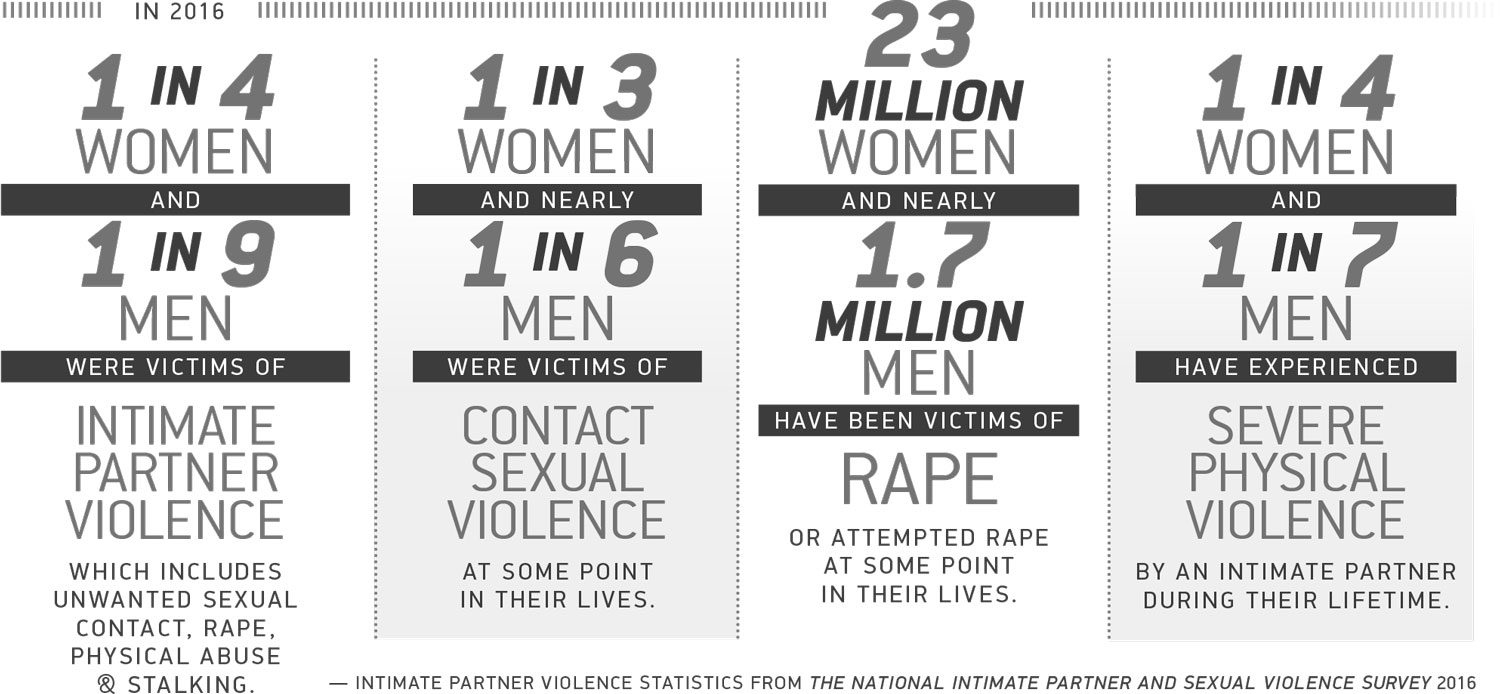On Sunday, Oct. 1, a few dozen women, men and children assembled at the Wayne Morse Free Speech Plaza for a vigil honoring victims and survivors of intimate partner violence (IPV). Hosted by Womenspace, a Eugene nonprofit that helps victims of domestic violence, the vigil was the beginning of several events that will be held throughout October to bring attention to Domestic Violence Awareness Month.
One survivor shared her story with the crowd and said she was there to speak out against intimate partner violence. Ali agreed to share her story with Eugene Weekly, but for safety reasons EW is only using her first name.
“Seventy percent of women will be abused by a partner,” she began. “Intimate partner violence takes place in a secret world and it reaches across all demographics and ethnicities.”
Her abuse began 20 years ago — when she was victimized as a teen and became desensitized. Ali said she spent 15 years in an abusive marriage and described the abuse that impacted her well-being, safety and health.
It was like “walking on eggshells,” she said. And it was only after she came to Womenspace that she began to understand the “power and control wheel” — that her abuser deliberately made a choice to control her.
The National Center on Domestic and Sexual Violence’s power and control wheel is a diagram that shows the circle of wide-ranging abusive behavior from violence and threats to economic abuse — like taking money from the victim — and using children by threatening to take them away or by using them to relay messages from the abuser to the victim.
“When my abuser was giving attention I thought he loved me,” Ali said. There were “moments he said he was sorry,” she told the crowd. And a few years went by without any violence.
“In the final year of my marriage, I became pregnant,” Ali said. But the threat to her life became severe, and she was forced to flee. She left in 2015 with her dog by her side and her 2-month-old son.
One in four women will experience intimate partner violence, which includes rape, physical violence and stalking, according to the Centers for Disease Control. The same research shows that one in three women and one in six men “were victims of contact sexual violence at some point in their lives.”
Contact sexual violence is defined as rape, unwanted sexual contact, forcible penetration and sexual coercion.
The CDC classifies IPV as “public health problem.”
In 2017, the CDC released the Morbidity and Mortality Weekly Report, which shows that the leading cause of death in women under 44 is homicide, “and nearly half of victims are killed by a current or former male intimate partner.”
In Oregon, 45 people died in 2015 as a result of “fatal domestic violence,” with the most incidents in Lane and Multnomah counties — both counties reported eight fatalities each — according to the Oregon Coalition Against Domestic and Sexual Violence.
During the vigil volunteers passed out colored ribbons representing different types of abuse. Many people selected a pink ribbon, which represented a loved one who has experienced abuse.
Julie Weismann, CEO of Womenspace, spoke about the importance of the nonprofit’s 40 years of service. Every year approximately 3,000 people call the Womenspace crisis line, she said. “Twenty percent of women are homeless as a result of domestic violence,” Weisman said.
Eugene Mayor Lucy Vinis wore a pink ribbon and said that “many women in my life have told me these stories.”
Vinis said she saw domestic abuse situations first hand while working at ShelterCare. “Twenty percent of Oregon women report IPV,” she said. “Oregon women experience abuse at a rate higher than the national average. Affordable housing is part of the problem.”
Sofia Mackey of Womenspace says there are ways to address the prevalence of domestic violence.
“A lot of people will try to keep up appearances about how their relationship is because of so much stigma that we have surrounding intimate partner violence,” Mackey says. “So checking in with friends and loved ones, accessing services and resources and letting people know that those services and resources exist” are some actions people can take to address IPV, according to Mackey.
She says Womenspace has a “24-hour crisis line so people can call that at any time when they are experiencing anything out of the ordinary that way they can gain some support and speak to an advocate.”
When Ali left, she said she lost her community, home and the life she built. She said her abuser attempted to kidnap her son. She continues to deal with the “lasting impact of trauma and PTSD.” But she said she “gained more than she could ever imagine. I discovered a diverse group of caring individuals.”
“If your relationship makes you feel bad, trust your gut and seek out answers, and why it makes you feel that way. You are not alone.”
Womenspace can be reached at womenspaceinc.org. The 24-hour crisis line is 1-800-281-2800, and for other calls use 541-485-8232.
